Content Strategy: Understanding The Customer’s Buyer Journey
Understanding your customer’s buyer journey can increase your chance of creating content that turns prospects into buyers.
 The buyer journey is the process that a potential customer goes through before making a purchase.
The buyer journey is the process that a potential customer goes through before making a purchase.
Understanding each stage of your customer’s buyer journey will help you create an effective content strategy to deliver content that your audience will resonate and want to engage with.
Creating content that aligns with the buyer journey also requires an understanding of your target audience, their pain points, and what resonates with them.
In this section, we look at the different stages of the buyer’s journey and the challenges of mapping your content strategy to each stage.
***
Stages Of The Buyer Journey
Your content strategy is a plan for creating, publishing, and managing content that aligns with the goals of your business.
One way to implement a content strategy is by mapping it to the stages of the buyer journey.

The buyer journey typically consists of the following stages: awareness, consideration, decision, and retention.
Let’s look at each stage in more detail:
Awareness
In the awareness stage, a potential customer becomes aware of a problem or need that they have. They may not yet be familiar with your brand or product (or even know it exists), but they are starting to do research to find a solution to their problem.
At this stage, it’s important to provide educational content that helps to inform and educate your audience about the problem they are facing and potential solutions.
Content that can be helpful in this stage includes blog posts, infographics, and social media posts that educate and inform the customer about the problem or need and why it is important.
The challenge at this stage is to capture the attention of potential customers who may not be familiar with your brand or solution. It can be difficult to create content that stands out in a crowded marketplace and educates potential customers about the problem or need in a way that is both engaging and informative.
Consideration
In the consideration stage, the potential customer is actively searching for a solution to meet their needs and is considering their options. They may be comparing different products or services, and are looking for more detailed information to help them make a decision.
At this stage, it’s important to provide more detailed information about your product or service such as content that showcases the features and benefits of your product or service and helps to differentiate you from your competitors and to show how it can help to solve their problem or meet their needs.
Case studies, product demos, webinars, and testimonials that help the customer compare solutions and understand the benefits of your product or service can all be valuable types of content at this stage.
The challenge at this stage is to provide potential customers with the information they need to make a decision, while also differentiating your solution from the competition. It can be difficult to create content that is both informative and persuasive, and that addresses potential objections to your solution.
Decision
In the decision stage, potential customers have made a decision to solve their problem, they are now looking for the best solution, and are ready to make a purchase. They have likely narrowed down their options and are now deciding between your product or service and those of your competitors.
At this stage, it’s important to provide content that highlights the unique value of your product or service, helps to build trust and confidence in your business and persuades the potential customer to choose your brand.
Content that can be helpful in this stage includes whitepapers, customer reviews, case studies, testimonials, free trials, and consultation calls that help the customer make a final decision about your product or service.
The challenge at this stage is to convert potential customers into paying customers by providing them with the information they need to make a decision. It can be difficult to create content that is both trustworthy and compelling and that overcomes any remaining objections a potential customer may have.
Retention
At this stage, the customer has purchased your product or service and is now using it.
While this stage is not typically considered a part of their purchasing journey (as they have already purchased), your content strategy still needs to accommodate customers in terms of retaining them and building customer loyalty.
Content that can be helpful in this stage includes user guides, tutorials, and customer success stories that help the customer make the most of your product or service and promote customer loyalty.
The challenge at this stage is to keep customers engaged and satisfied with your solution, so they remain loyal and continue to use your product or service. It can be difficult to create content that is relevant, useful, and engaging for an already converted customer.
Tools To Better Understand Your Customer’s Buyer Journey
It’s a good idea to test your created content with real users and iterate on the basis of the feedback received.
Here are some tools you can use to better understand your customer’s purchase journey:
- Google Analytics: This free web analytics service offered by Google tracks and reports website traffic. It can help you understand how customers are interacting with your website and identify areas of improvement.
- Google Search Console – GSC can also provide excellent data on what people are doing on your site, depending on how your content is performing.
- Mixpanel: An analytics platform that allows you to track user engagement and behavior on your website and mobile apps. It can help you understand the customer’s journey through your digital properties.
- Kissmetrics: A marketing analytics platform that helps you track and analyze customer behavior. It can help you understand how customers are interacting with your website, what actions they are taking, and where they are dropping off in the buyer journey.
- Heap: An analytics platform that automatically tracks user behavior on your website and mobile apps. It can help you understand how customers are using your digital properties and identify areas for improvement.
- UserTesting: A user research platform that allows businesses to conduct usability tests on your website and mobile apps. It can help you understand how customers are interacting with your digital properties and identify areas for improvement.
- Qualaroo: A tool that allows you to conduct surveys on your website and mobile apps. It can help you understand customer feedback, their preferences, and their pain points.
- Hotjar: A website analytics tool that provides heat maps, session recordings, feedback polls, and other data to help you understand how your customers interact with your website, which will inform the buyer journey
- SurveyMonkey: A survey creation and analysis tool that you can use to conduct customer research and gather data about the buyer journey.
These are just a few examples of tools that are available to help you understand your customer’s buyer journey. The best tool will depend on your specific needs and the data that your business wants to collect.
![]()
To learn more about each of the content types you can create for each stage of the purchase journey, see this lesson: Content Types
Your Content Strategy vs Your Customer’s Buying Journey
If you have a thorough understanding of your customer’s buying journey and find that your content strategy is not working as effectively as you expect, the problem may simply be…people.
People don’t do what businesses want them to do. They do what they want to do.
And they have too many options, too many choices, and too many needs to take into consideration that are influencing their buying decisions.
“Consumers don’t follow a reliable, linear purchase process anymore. Too many research channels, feedback loops, and competing messages mean too few opportunities for your content to exert influence – if they could even find it – before they make a buying decision.”
Source: ContentMarketingInstitute
So, while it’s important to understand how the customer sees their buying process and align your content strategy to it, to be aware of the challenges of creating content for each stage of the buyer journey, and to keep in mind that the stages of the buyer’s journey may vary depending on your industry, product, or service, and target audience, the complexity of today’s buying decisions may require using a more flexible approach.
For example, in the video below, Ali Wert, a senior director of content strategy for global software company Appfire, discusses the perils of aligning your content strategy too closely along a traditional funnel or linear buyer’s journey and ending up with “funnel vision” and “random acts of content.”
Ali suggests using different strategic frameworks for keeping your content strategy aligned with your business goals while taking the guesswork out of content planning.
According to Ali, mapping the different frameworks referenced in the video and article above against your content audit and content calendar can deliver a repeatable strategy that is consistent, scalable, and more closely connected to your business goals.
Another approach as discussed in this article is to build a process in your content strategy focused on creating valuable content that meets Google’s EAT guidelines at each stage of the buyer journey based on researching, understanding, and delivering what your audience wants, instead of what your business wants.
In other words, if you want your content strategy to perfectly align with the customer’s buyer journey, your content must be driven by your audience’s interests and needs over those of your brand’s products and services.
Customer Buyer Journey vs Marketing Funnel
Something else to keep in mind is the difference between the customer’s buyer journey and a marketing funnel.
The customer’s buyer journey refers to the process that your customer goes through as they move from being aware of a problem or need, to researching and evaluating options, to making a purchase, and finally to becoming a repeat customer.
It encompasses all of the different stages that your customer goes through as they make a purchase decision, including the emotional and psychological factors that influence their behavior.
The marketing funnel, on the other hand, is a framework that businesses use to understand and guide the customer’s buyer journey.
It is a visual representation of the different stages that customers go through as they move from awareness to purchase, and it is often used to track and measure the effectiveness of different marketing strategies.
A marketing funnel is a tool that helps businesses understand their customer’s behavior and tailor their marketing efforts accordingly.
A marketing funnel typically includes the following stages:
- Awareness: The first stage of the marketing funnel, where potential customers become aware of a problem or need and start searching for solutions. Examples include social media ads, blog content, and search engine optimization.
- Interest: The second stage of the marketing funnel, where potential customers express interest in a product or service and begin to gather information. Examples include email campaigns, webinars, and product demos.
- Evaluation: The third stage of the marketing funnel, where potential customers compare different options and evaluate which product or service best meets their needs. Examples include customer reviews, case studies, and free trials.
- Decision: The fourth stage of the marketing funnel, where potential customers decide to purchase a product or service. Examples include special offers, discounts, and personalized recommendations.
- Post-purchase: The final stage of the marketing funnel, where customers have made a purchase and are encouraged to continue their engagement with the brand through loyalty programs, upselling, and customer retention strategies.
- Retention: The stage of the marketing funnel where the customers are retained by providing excellent customer service, after-sales support, and providing a positive experience. Examples include surveys, follow-up emails, and rewards programs.
- Advocacy: The stage of the marketing funnel where the customers become advocates for the brand and promote it to their friends, family, and acquaintances. Examples include referral programs, customer testimonials, and brand ambassadors.
In summary, the customer’s buyer journey is the actual process that a customer goes through while the marketing funnel is a tool that businesses use to understand and guide that process.
Buyer Journey – FAQs
Here are frequently asked questions about the buyer’s journey:
What is the buyer’s journey?
The buyer’s journey is the process that potential customers go through from awareness of a problem or need to the purchase of a solution. It typically consists of three stages: awareness, consideration, and decision.
What are the stages of the buyer’s journey?
The stages are:
- Awareness: The buyer realizes they have a problem or need.
- Consideration: The buyer defines their problem and researches options to solve it.
- Decision: The buyer chooses a solution and makes a purchase.
Why is the buyer’s journey important?
Understanding the buyer’s journey helps businesses tailor their marketing and sales strategies to meet the needs of potential customers at each stage, improving conversion rates and customer satisfaction.
How can content support the buyer’s journey?
Content can educate and engage potential customers at each stage of the journey, providing valuable information that helps them make informed decisions.
What types of content work best at each stage of the buyer’s journey?
For the awareness stage, content like blog posts or educational videos can help raise awareness of a problem. In the consideration stage, ebooks or comparison guides can assist buyers in evaluating solutions. During the decision stage, product demos or case studies can help buyers finalize their choice.
Summary
Understanding the buyer journey and the types of content that will be most relevant and valuable to your audience at each stage is essential for creating an effective content strategy.
By providing the right content at the right time, you can help guide potential customers through the buyer journey and increase the chances of turning them into customers.
The complexity of today’s buying decisions may require a more flexible approach than aligning your content strategy too closely along a traditional funnel or linear buyer’s journey.
References
- 5 Strategic Frameworks To Take the Guesswork Out of Content Planning
- How To Build A “Helpful” Content Strategy
- 54 Elements To Guide Your Buyer’s Journey Through The Marketing Funnel
***
Image: eCommerce

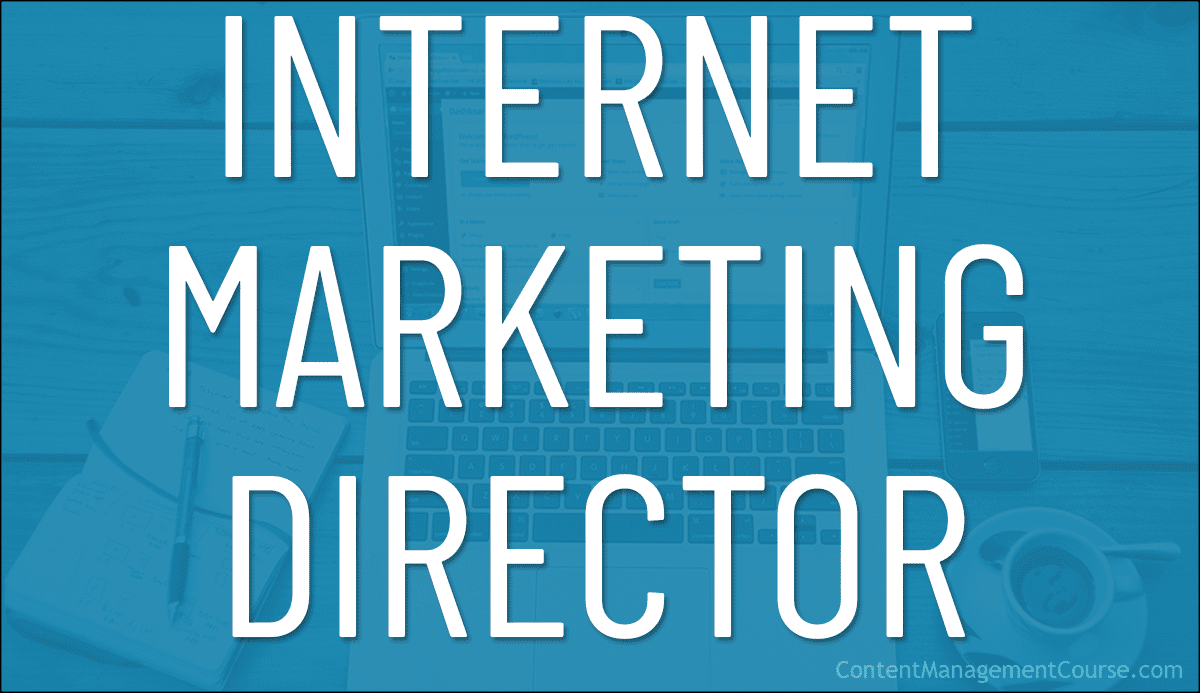
 In this section of the
In this section of the 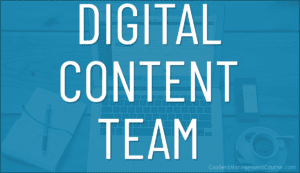
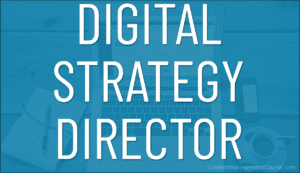
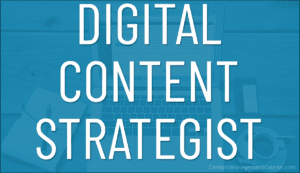
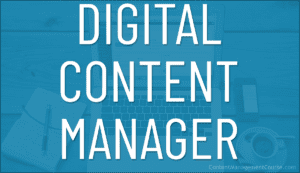
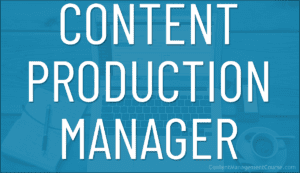
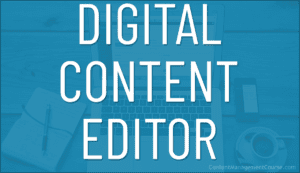
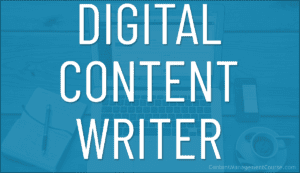
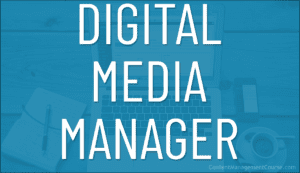
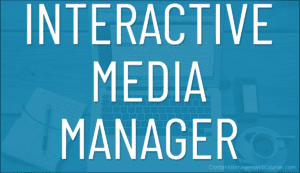
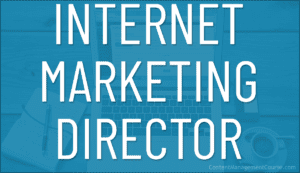

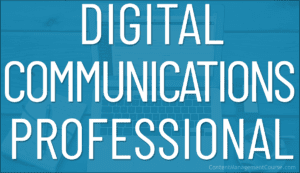

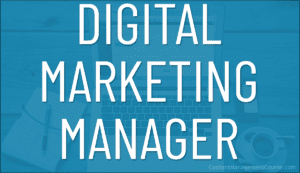


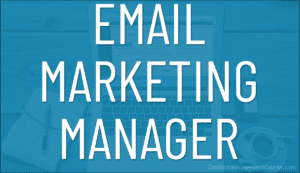
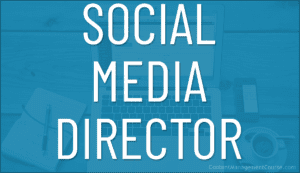
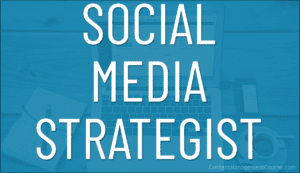
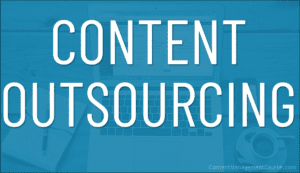

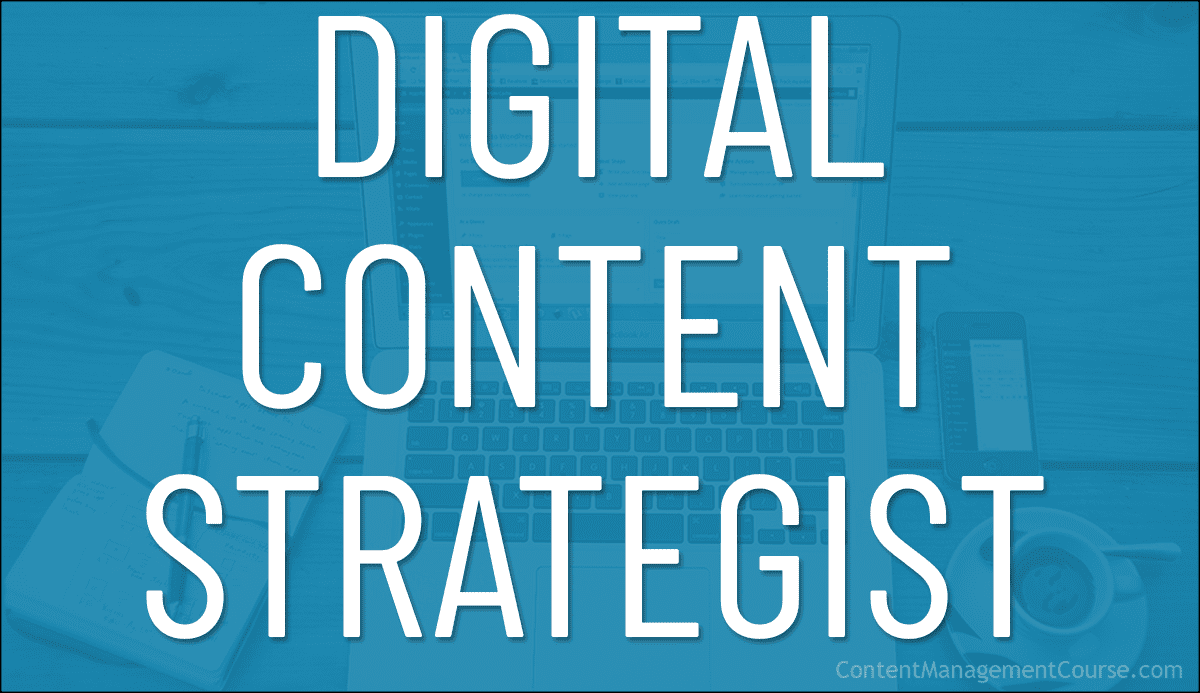
 In this section of the
In this section of the 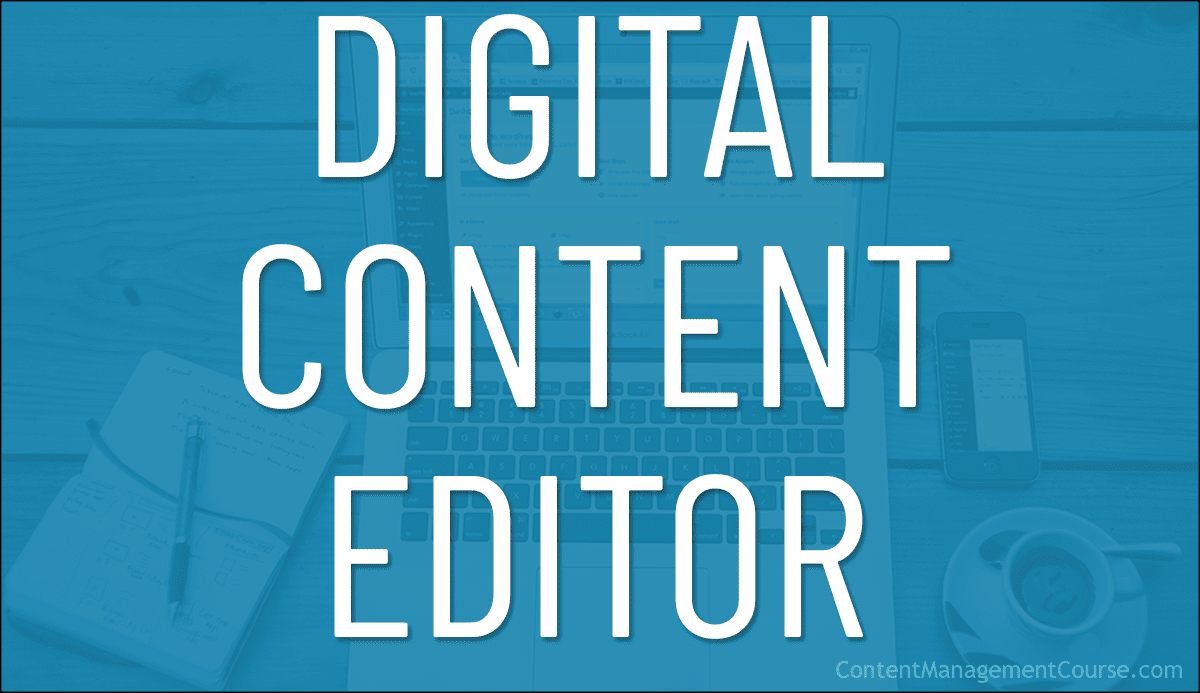
 In this section of the
In this section of the 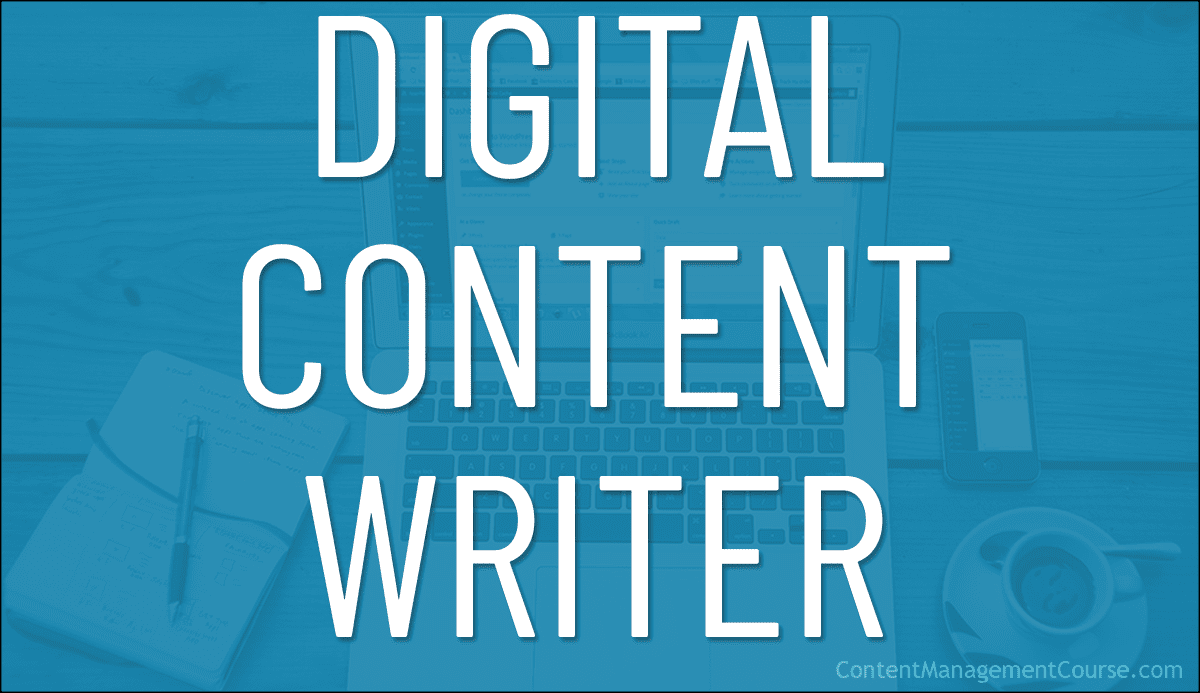
 In this section of the
In this section of the 
 In this section of the
In this section of the 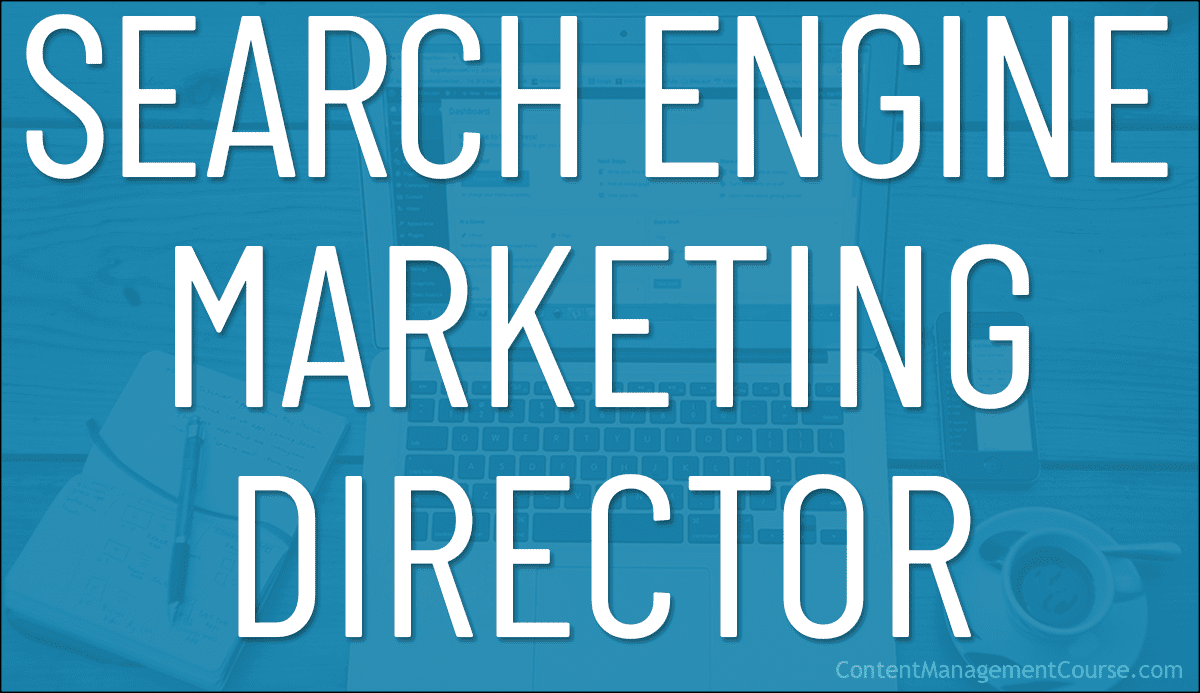
 In this section of the
In this section of the 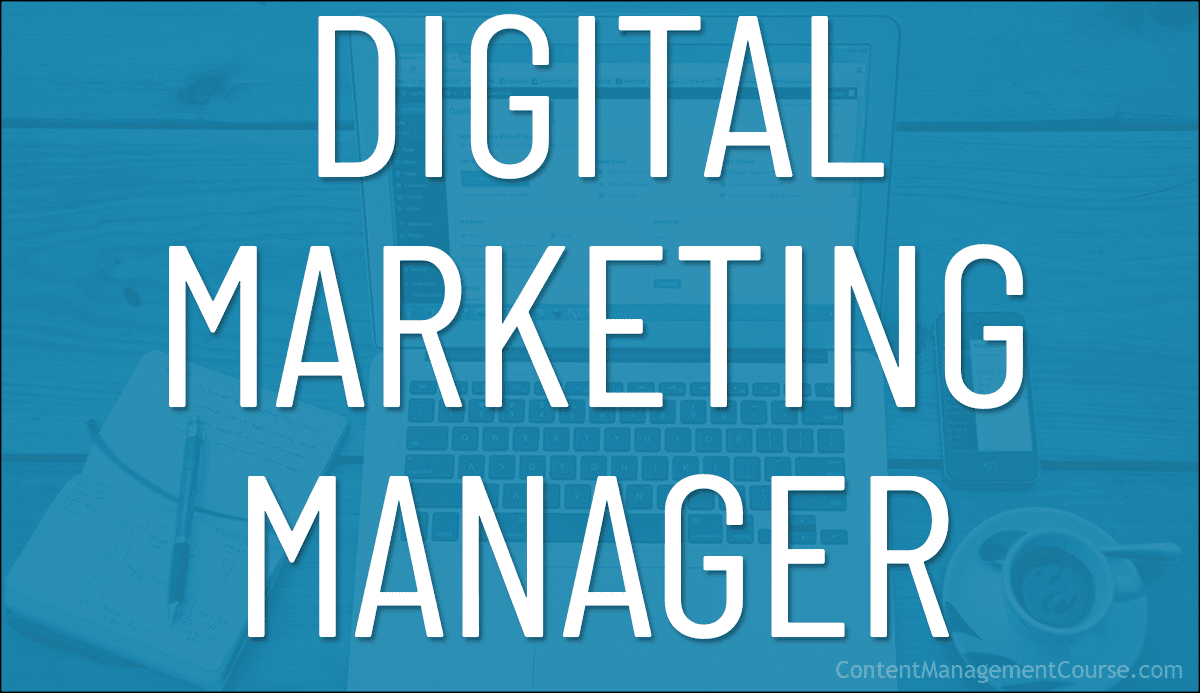
 In this section of the
In this section of the 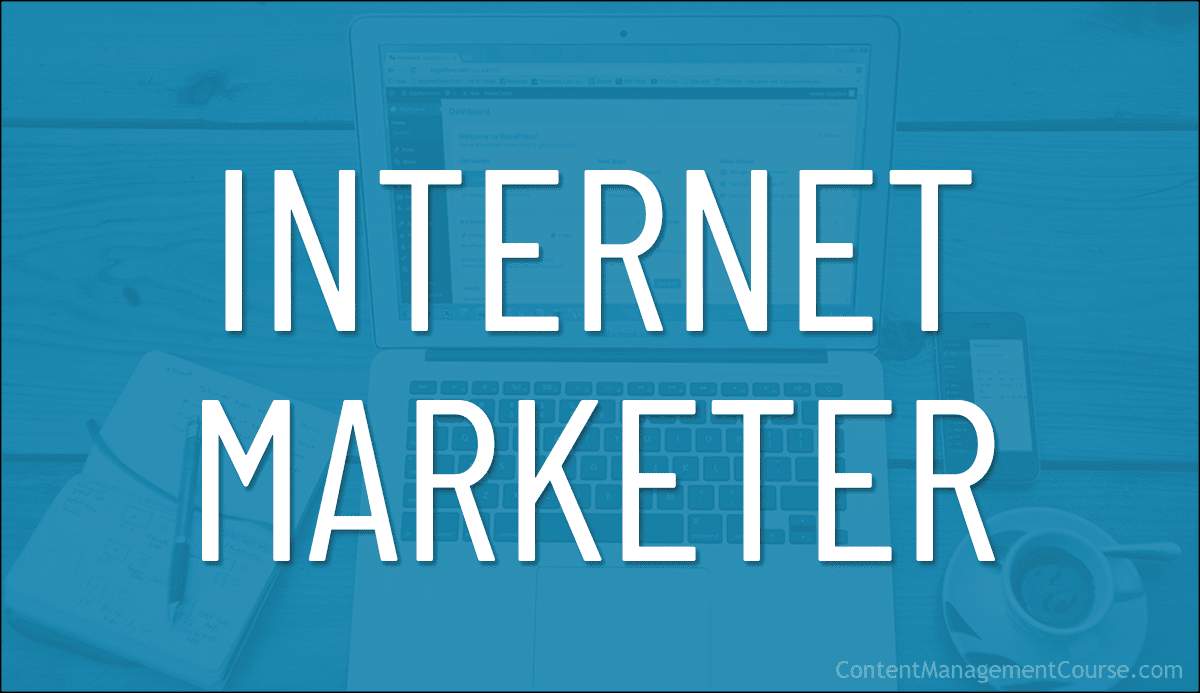
 In this section of the
In this section of the